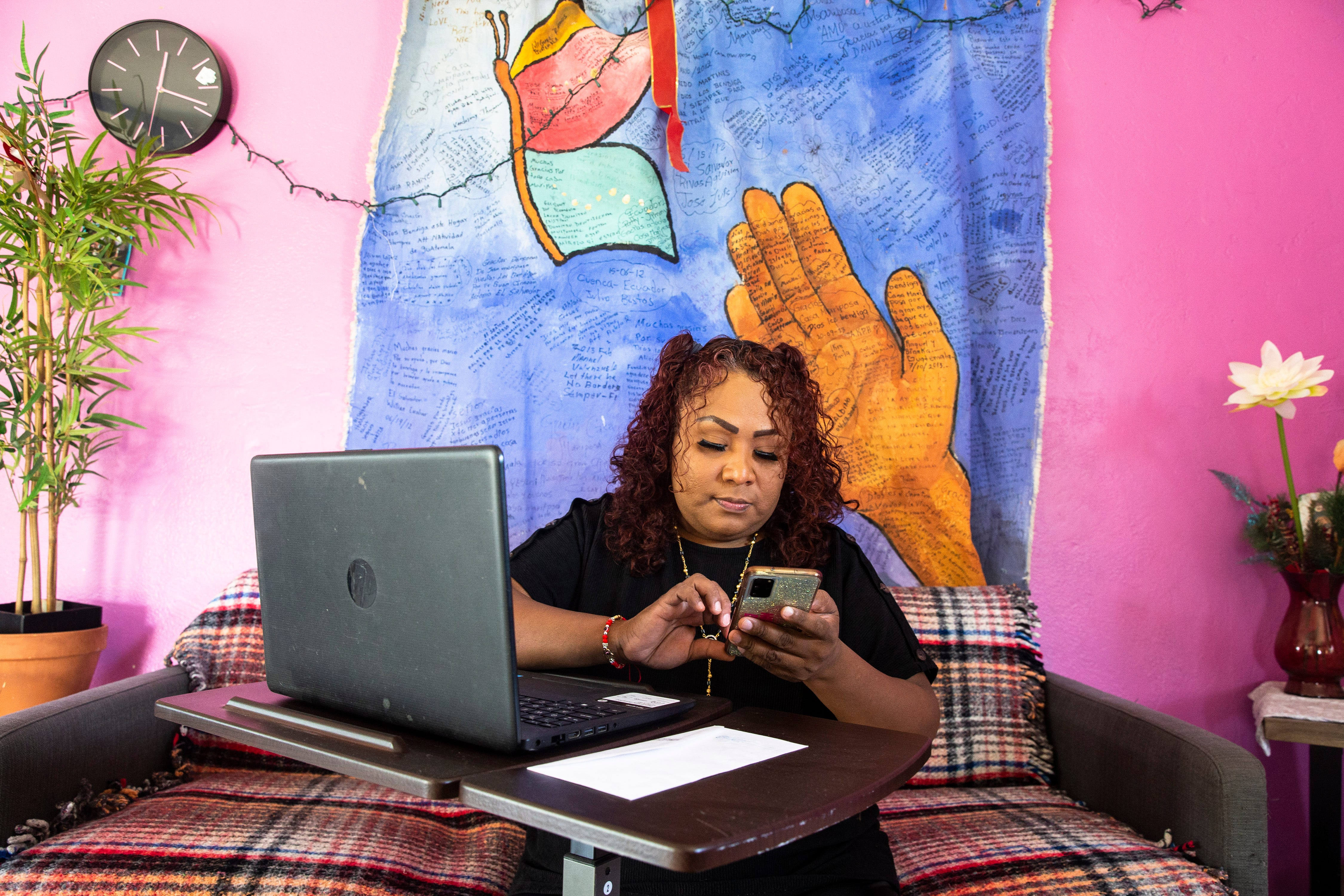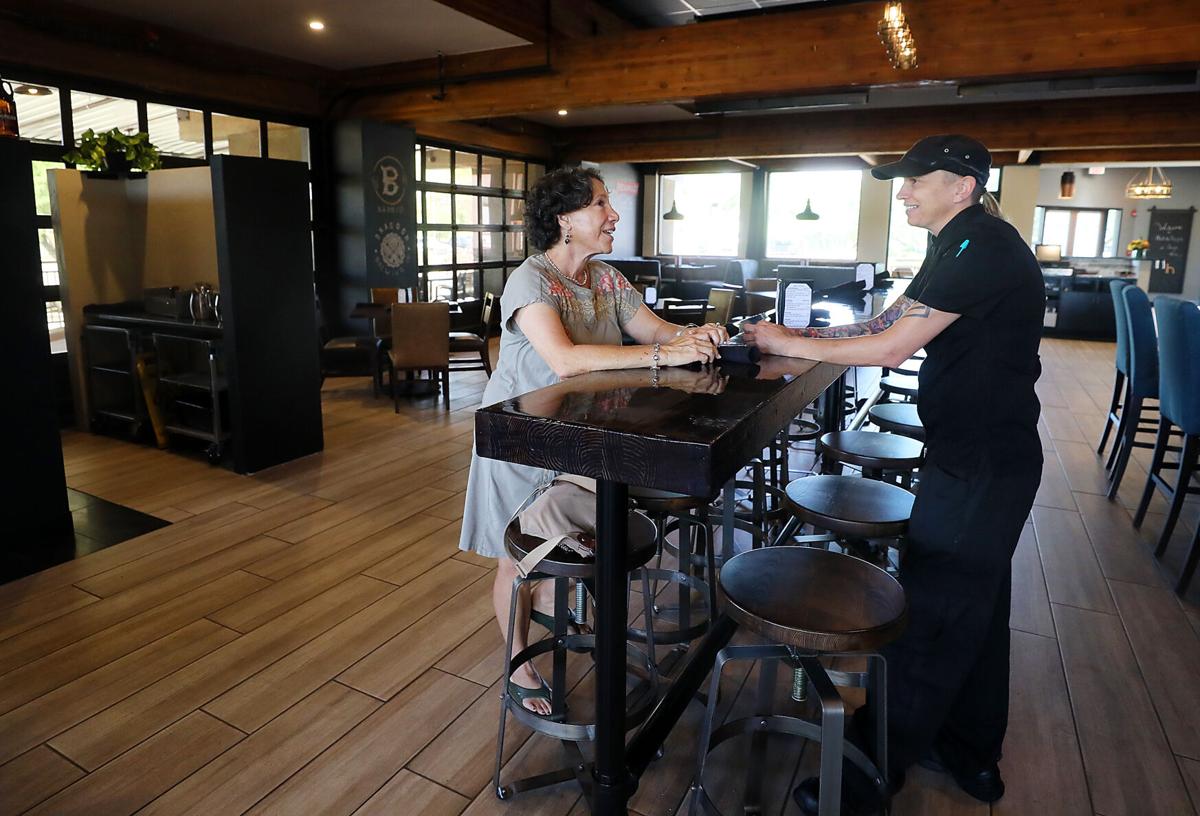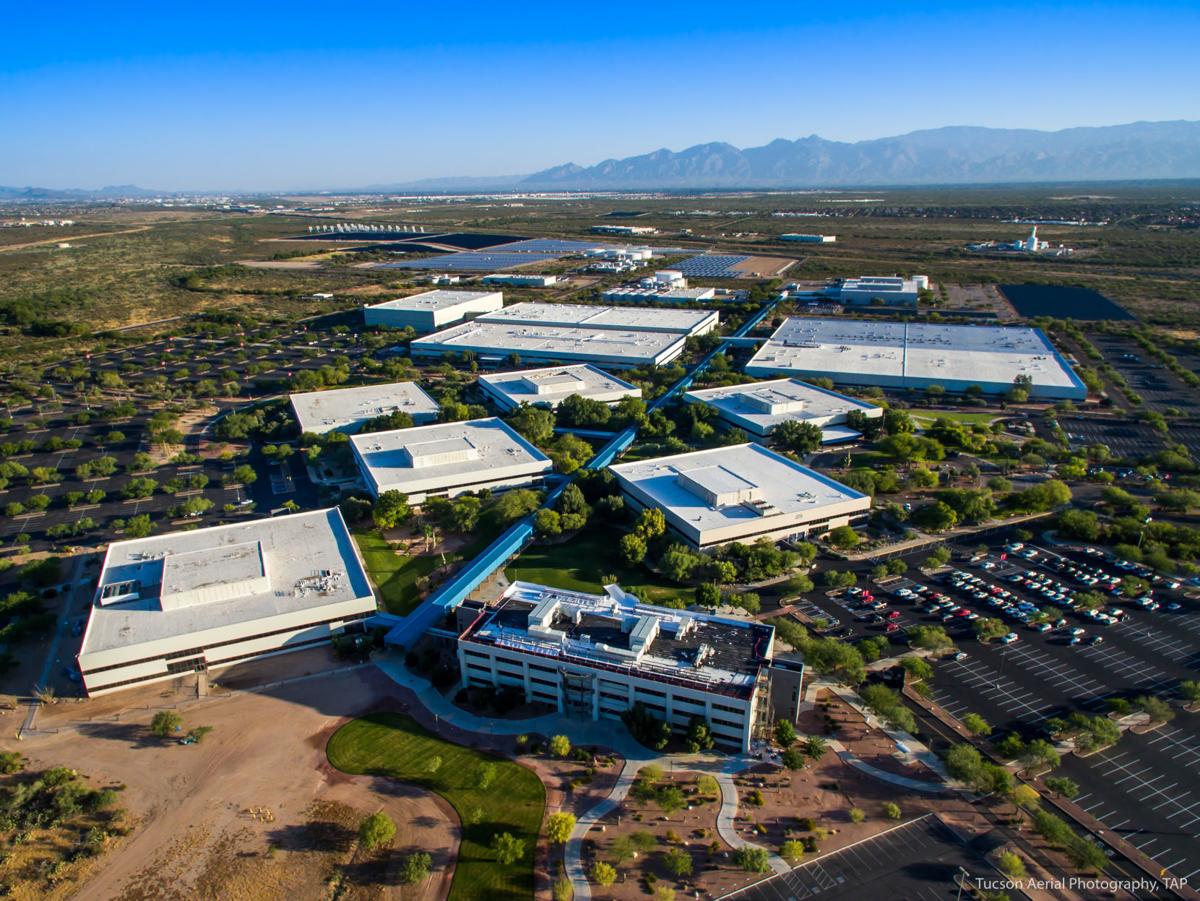[ad_1]
When Karolina López left her hometown of Acapulco, Guerrero, Mexico, she did so in the expectation that the US would offer her a better life – not the daily torture and abuse she endured as a trans woman in her homeland.
Yet her long life as a trans-undocumented immigrant in Arizona has shown her that people with similar identities suffer just as much, sometimes even more, especially for those in immigration detention centers.
She was one of them.
In August 2009, López had no valid ID with her when she called the police to report the theft of her bag. She was arrested by the police and later taken to the Eloy Detention Center.
“When I got to Eloy, they had to strip me naked. Since my body had not had an operation, they decided to lock me up with the men. It was one of the worst experiences of my life, ”López told La Voz / The Arizona Republic.
She was detained by the Immigration and Customs Service for three years, a time when she was verbally and physically assaulted by others who were also detained there, she said.
Years later she helps women and migrants who have had similar experiences in the care of the ICE. The nonprofit she runs in a small Tucson home has helped thousands of trans immigrants gain freedom and find their way to legal residence in the United States
“No pride in custody”: Activists urge Biden to end the detention of transmigrants
López: You threatened to “kill us”
López currently heads the organization Mariposas Sin Fronteras. But years earlier, she had almost broken her experience at Eloy Detention Center.
She was 27 when ICE arrested her.
“As soon as I entered this place, the abuse started. I was attacked and raped and when I told the officers they told me it was my fault for being like that, ”said López. “They wouldn’t believe me and they’d laugh at me.”
During more than three years in prison, she was not the only trans woman sent to the men’s area. Others like this were also addressed.
“The others didn’t want us around, they spit in our food or threw it in our faces,” she recalls.
She said that men at the facility often told her to ask to be sent to another facility. Otherwise “they would kill us”.
Karolina López, director of Mariposas Sin Fronteras, at the home where she supports LGBTQ + people in immigration prisons, Tucson, August 5, 2021.Benjamin Chambers / The Republic
She often found herself in el hoyo – the hole that other inmates referred to as solitary confinement. “I screamed all day and the officers gave me pills to stop screaming. It was horrible, ”she said.
According to Human Rights Watch, dozens of transgender women, including asylum seekers who have come to the United States to protect themselves from abuse in their country of origin, are incarcerated in prisons or in ICE detention centers that work in prison-like conditions.
The report found that many were sexually assaulted and ill-treated while in detention, while others remain in solitary confinement indefinitely. ICE staff claim that isolation efforts are being made for the safety of transgender migrants, but this often leads to further abuse and mental health problems.
“To this day, I continue to have mental health issues such as depression, stress, and anxiety,” she said. “I can’t forget that and I don’t wish that to anyone else.”
But during her time at Eloy, she met other trans women. It was they who told her not to give up and to appeal against the deportation orders that kept getting in the way of López.
A collective in the making
Six months after her imprisonment, she received her first deportation; she appealed. In the months that followed, she did the same while still being molested at the ICE facility.
She turned to The Florence Project, a nonprofit that provides legal advice to immigrant detainees in Arizona. Through this organization she could be legally represented and finally obtained her freedom and her legal residence in the USA
However, she never forgot the trans women who were still imprisoned – how their bonds motivated each other to keep fighting for a stay in the USA. For example, she and a group of others founded the Rainbow Defense Fund, Inc., a collective that in 2017 became Mariposas Sin Fronteras, a non-profit organization of queer and transgender people who supports people from the LGBTQ + community who are affected by the immigration detention system .
From the beginning, this Tucson-based organization has worked to end the detentions.
López, director of the organization, said the group had always fought for the liberation of the LGBTQ + community from ICE prisons. The organization provides letters of support and other legal resources that can be used in immigration courts to give detainees the tools they need to fight for their right to stay in the United States
Mariposas Sin Fronteras has paid more than $ 150,000 in bonds over the past six years to get 27 people out of custody.
In addition, Mariposas provided more than $ 16,000 in financial assistance to LGBTQ + migrants between March and October 2020 in response to the COVID-19 pandemic.
The overarching goal, however, is to work towards a society “that no longer finds solutions in the system of detention pending deportation or in the industrial complex of prisons,” says the website.
“We also have Casa Mariposa, a shelter that (LGBTQ + migrants) takes in when they come out of custody. We connect them to psychiatric clinics. We reintegrate them into society. We support them with money to solve their most urgent needs, ”said López.
In fact, Casa Mariposa was a service she used when she was released from Eloy in 2012. After Mariposas Sin Fronteras was founded, the non-profit organization Casa Mariposa acquired; They are now working side by side to support people recently discharged from ICE centers.
“Karolina is like the mother of the house – she makes sure that everyone has what they need: water, food, clothes,” said Lizbeth Okita, who came to Mariposas Sin Fronteras about a year ago. Okita is responsible for the administrative and logistical work of Casa Mariposa.
For Okita, who has long worked for organizations that help the LGBTQ + community like the Trans Asylum Seeker Support Network, it was López’s passion and work ethic that inspired her to join.
“(Karolina) has a very big heart and is always ready to help in any way. I learned a lot from her work, her compassion and her solidarity,” she said.
Reach the reporter at javier.arce@lavozarizona.com. Find him on Twitter at @ JavierArce33.
This story is part of the Faces of Arizona series. Do you have any feedback or ideas about who we should cover? Send them to editor Kaila White at kaila.white@arizonarepublic.com.
Support local journalism. Subscribe to azcentral.com today.
[ad_2]




/cloudfront-us-east-1.images.arcpublishing.com/gray/XT55LHRVUFAQFM6G5RXE4ZAWUY.jpg)






/cloudfront-us-east-1.images.arcpublishing.com/gray/XGU6SM7T4ND6XMX5IQROUZBVFY.jpg)

